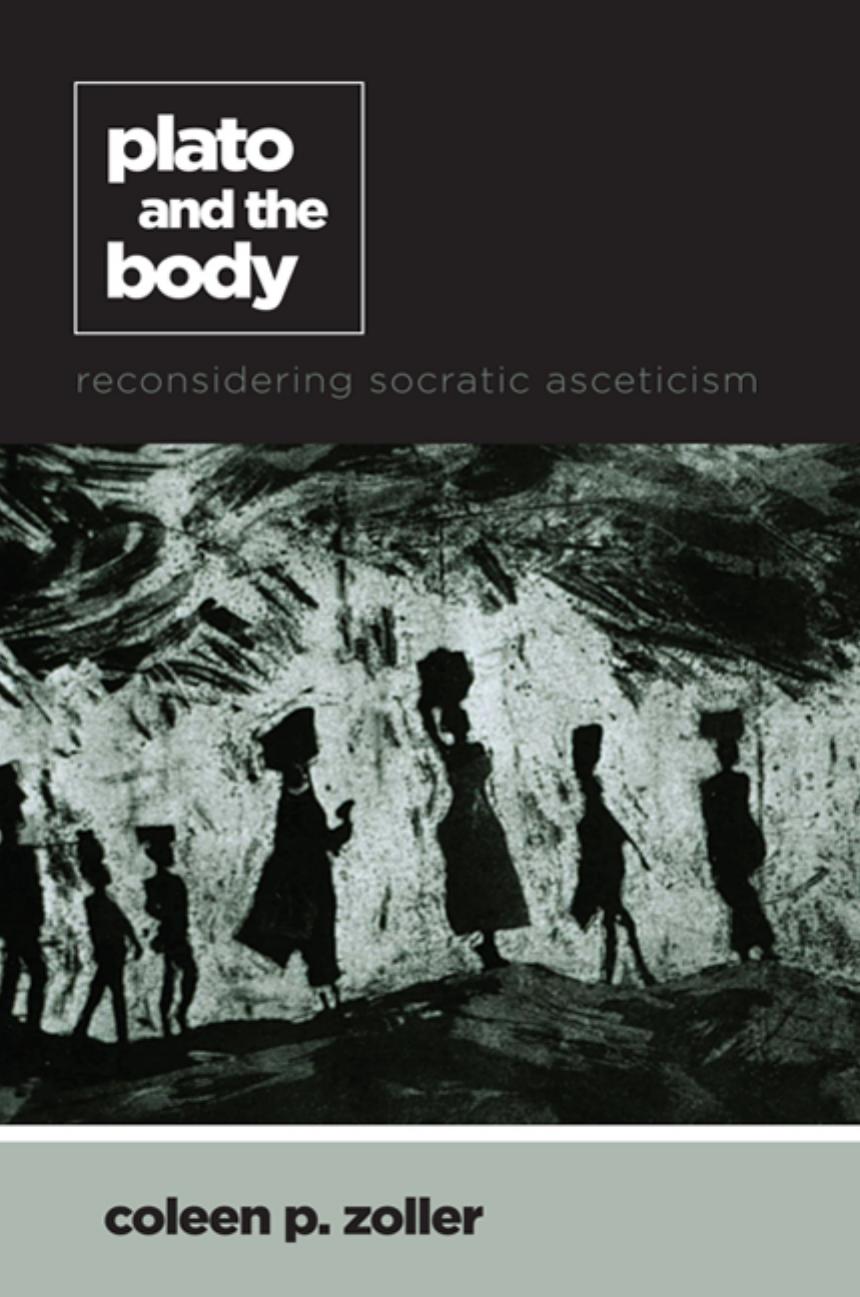Plato and the Body by Coleen P. Zoller

Author:Coleen P. Zoller [Zoller, Coleen P.]
Language: eng
Format: epub, pdf
ISBN: 9781438470832
Publisher: SUNY Press
Published: 2018-09-15T05:00:00+00:00
4.3.2 Misunderstandings and Mistaken Identities
Interpreting the hydraulic model passage also raises the question of whether or not the philosopherâs love of learning is compatible with civic leadership. Can a genuine philosopher, who sincerely loves learning and whose desires totally flow in that direction, engage in political activity? Plato seems to think so when he has Socrates boldly claim that happiness can only be found where philosophers rule as kings and queens (R. 473c-e, 487e, 499a-b, 500e, 521a-b).45 At 474b, after Glaucon warns him that saying such a thing would prompt many to do terrible, violent things to him on the spot, Socrates says, âIf weâre to escape from the people you mention, I think we need to define for them who the philosophers are that we dare to say must rule. And once thatâs clear, we should be able to defend ourselves by showing that the people we mean are fitted by nature both to engage in philosophy and to rule in a city, while the rest are naturally fitted to leave philosophy alone and follow their leaderâ (emphasis added). Platoâs insistence that the philosophical life should involve concern for human affairs is on display. Here, we have a definition of the philosopher that includes both philosophizing and political leadership as integral to Platoâs Socratesâs conception of philosophy itself. When Plato later introduces the hydraulic model Adeimantus and Glaucon fail to make any connection between this definition of the philosopher and what is implied by the hydraulic model, failing what strikes me as another crucial test Plato has Socrates give them.
Socrates recognizes that he must define the philosopher, as he is aware that when he says philosophers should rule, his listeners probably imagine different people than he does (R. 499eâ500a). In fact, Socrates reiterates many times that the biggest obstacle to people agreeing with him that philosophers are the ones best suited to rule is the problem of mistaken identity (R. 474b-c, 485a, 495c, 498dâ499a, 499dâ500b).46 For Platoâs Socrates, sophists and others who may be mixed up with philosophers are not philosophers.47 Yet, philosophers are confused with those who persist with âthe sophistications and eristic quibbles that, both in public trials and in private gatherings, aim at nothing except reputation and disputationâ (R. 499a). Philosophers are mistaken for âthose outsiders who donât belong and whoâve burst in like a band of revellers, always abusing one another, indulging their love of quarrels, and arguing about human beings in a way that is wholly inappropriate to philosophyâ (R. 500b). The sophists and other quarreling quibblers have given philosophers the bad reputation that drives the violent response Glaucon anticipates for Socratesâs claim that philosophers ought to rule.48
However, Socrates is certain that clearing up the philosophersâ identity will immediately bring his doubters to agreement.49 Consequently, in Book 5, Plato has Socrates define a philosopher as âsomeone who readily and willingly tries all kinds of learning, who turns gladly to learning and is insatiable for itâ (R. 475c), âthose who love the sight of truthâ (R.
Download
This site does not store any files on its server. We only index and link to content provided by other sites. Please contact the content providers to delete copyright contents if any and email us, we'll remove relevant links or contents immediately.
The Social Psychology of Inequality by Unknown(3023)
The Plant Paradox by Dr. Steven R. Gundry M.D(2614)
The Writing on the Wall by Anselm Jappe(2040)
Working for Yourself by J.D. (Nolo) Stephen Fishman(1865)
Get What's Yours for Medicare by Philip Moeller(1698)
Every Landlord's Legal Guide by Janet Portman & Stewart Marcia & Ralph Warner(1670)
The First 20 Hours: How to Learn Anything ... Fast by Kaufman Josh(1662)
ADHD on Trial by Michael Gordon(1574)
Decisive by Chip Heath(1561)
Working for Yourself by Stephen Fishman J.D. (Nolo)(1525)
Drafting Contracts: How and Why Lawyers Do What They Do, Second Edition by Stark Tina L(1498)
The Lord of the Rings: The Fellowship of the Ring, the Two Towers, the Return of the King by J. R. R. Tolkien(1437)
A Practical Guide to International Arbitration in London by Hilary Heilbron(1434)
Restitution by Restitution(1424)
The Economist Aug 8th 2015 by The Economist(1423)
Intellectual Property Strategy by John Palfrey(1419)
The Economist Aug 29th 2015 by The Economist(1388)
Collusion by Luke Harding(1318)
Persuasion by Owner(1293)
